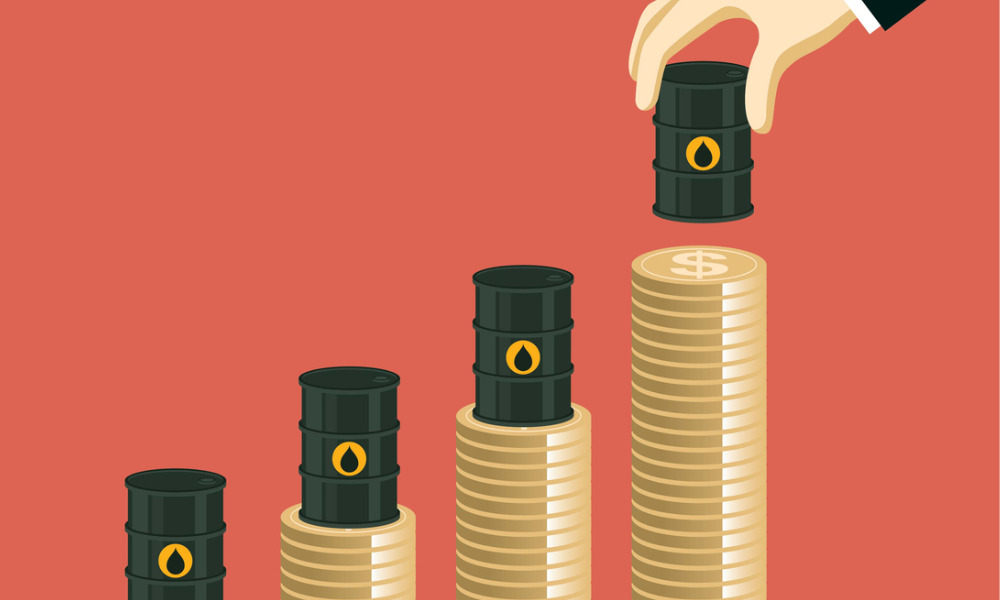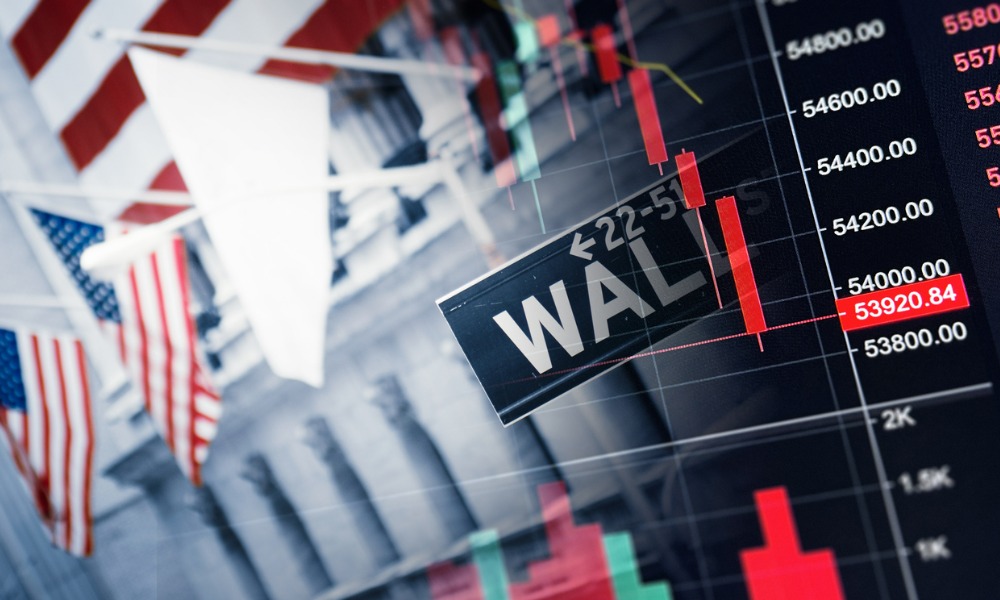Outlook for energy in light of middle east conflict comes with a high degree of uncertainty

Markets rapidly priced in a conflict premium on oil prices when war broke out between Israel and Hamas on October 7th. Oil, along with gold and the US dollar, all moved higher as safe-haven assets against another period of global uncertainty. That conflict now appears to be shifting into a new phase, one that may take months to fully play out. As we look now at a period of prolonged conflict at a global geopolitical flashpoint, one portfolio manager offers his outlook on where oil might go and how Canadian advisors can best prepare their clients.
Mike Archibald, VP & Portfolio Manager at AGF Investments Inc., explained how the conflict has already been digested by oil markets. He highlighted some of the subsectors and assets that could be well positioned as conflict drives oil prices higher. He noted, as well, some of the structural risks to the oil market that could drive prices either higher or lower. Finally, he highlighted that in the context of a conflict that could drag on for a long time — and possibly destabilize key relations between oil importing and exporting countries — markets may not have priced in a prolonged premium in oil prices.
“I think the risks for oil price movement are much more significant to the upside than perhaps the market is expecting,” Archibald says. “If you take a look at what the futures curve is pricing for energy, the front month is the highest up the curve, but things come down sharply as you look into 2024. A higher elevated energy price in the medium-term, the next 6-12 months, has not been priced into the market and I think that is a big risk.”
Archibald notes that any further escalation of the conflict, or the involvement of a regional player like Iran, could send oil prices that much higher with very few investors positioned for such a swing. He predicts that even if the conflict doesn’t escalate, it is likely to drag on and that uncertainty will pull energy prices higher than the market currently has priced in.
If oil stays elevated, exploration & production (E&P) companies are most immediately poised to benefit, in Archibald’s view, as they have the highest beta to oil prices. Larger integrated oil companies, conversely, tend to lag somewhat when oil prices hit a premium. Oil equities have, so far, behaved roughly in line with what we might expect from a spike in crude prices.
Geographically, Archibald tends to view Canadian and North American names more favourably for oil exposure. He notes that as investors seek out energy stocks, they’ll look for a greater degree of stability and certainty. He expects Canadian names to benefit from international flows of capital.
While Archibald believes energy investors aren’t necessarily pricing in the length of time oil will be trading at a conflict premium, he notes that advisors should consider their own economic outlooks before going all in on energy. He expects that North American economies will continue to avoid recession — and maintain their high degree of oil demand — for long enough to make an energy investment worthwhile. Moreover, both Russia and OPEC seem to have committed to limiting production and keeping supply tight. Nevertheless a significant downturn in the Canadian and US economies should bring oil prices lower, which may have a negative impact on those E&P companies.
When conflict impacts commodity prices, geopolitics remains a concern investors and advisors need to be aware of. To ascertain how this conflict could shift global energy policy, Archibald is looking at two places: Saudi Arabia and the US.
Biden is currently facing an election year and remains under pressure to bring oil prices down for the sake of his chances. We’ve seen that already reflected in the decision to ease energy sanctions on Venezuela and bring more South American oil into market.
Saudi Arabia, Archibald notes, has positioned itself as the “swing producer” for the world, and its decisions around production can set the tone and tempo of global oil markets. Conflict between Israel and Hamas can prove challenging for Arab governments, including the Saudis, who have to balance geopolitical interest against popular opinion. Archibald expects the Saudis to watch the moves the US makes around this conflict and wait until there is greater clarity on a deeply uncertain and nuanced conflict before they make any major decisions around production.
As advisors work to navigate through this difficult and uncertain period for their clients, Archibald thinks that energy exposures can be beneficial. He notes, however, that given some of the structural risks there might be value in a gradualist approach.
“We’ve seen pretty nice movement in energy names, and if you’re already there that’s great. If you’re not you probably want to start gently adding exposure,” Archibald says. “Legging in, as opposed to going in all at once, is a good approach. In general I think we’re going to be in a period of elevated volatility for the next 6-12 months, due to geopolitics, the economy, and interest rates. In that environment I think sticking to your long-term plan and making sure you have appropriate allocations to a number of asset classes can make sense.”



